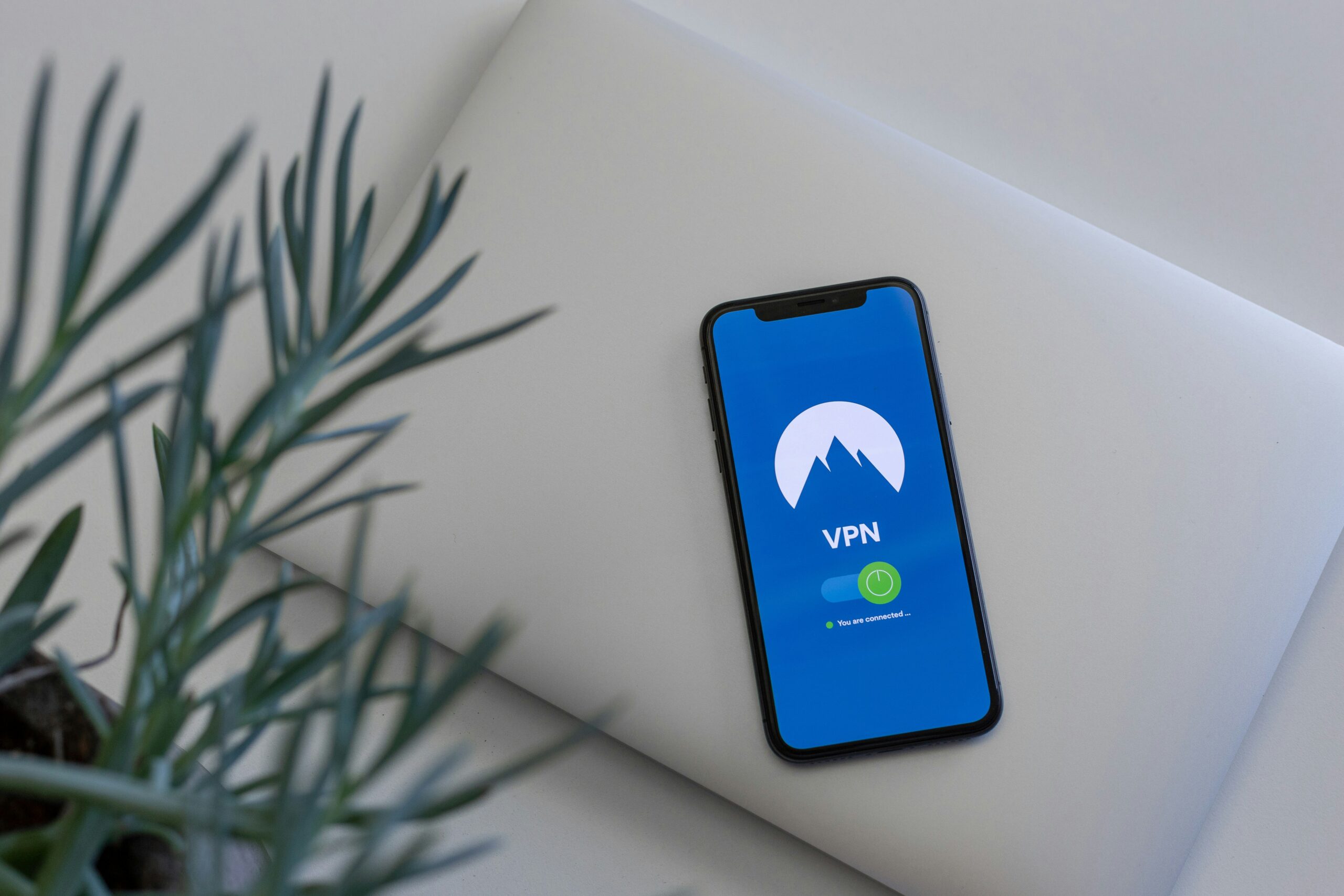In today’s digital era, where cyber threats loom at every corner of the internet, safeguarding one’s digital footprint is no longer optional—it’s imperative. Among the myriad of tools at our disposal, Virtual Private Networks (VPNs) stand out as essential shields, fortifying our online security. Let’s delve into how VPNs enhance our digital defenses and why incorporating them into our cybersecurity strategy is more crucial than ever.
**A Stealth Layer for Your Data**
Imagine transmitting your data across the internet without any protection—it’s akin to sending a postcard, visible for anyone to see. VPN access encrypts your internet traffic, turning it into a coded message that only the intended recipient can decipher. This encryption acts as a stealth layer, making your sensitive information such as passwords, financial details, and personal emails unreadable to prying eyes. Whether you’re conducting a financial transaction, sending confidential emails, or simply browsing, VPNs ensure that your data travels securely, guarding against eavesdropping and data breaches.
**Guardian Against Cyber Predators**
Public Wi-Fi networks, although convenient, are notorious for their security vulnerabilities, serving as hunting grounds for cyber predators. These attackers exploit weak security protocols to intercept data, steal identities, and deploy malware. VPNs safeguard your connection on public Wi-Fi by encrypting your internet traffic, effectively turning the insecure network into a private corridor for your data. This protective barrier keeps hackers and cybercriminals at bay, allowing you to browse, shop, and bank with confidence, even on public networks.
**Masking Your Digital Footprint**
Every online move we make leaves a digital footprint, traceable through our IP addresses. This footprint not only reveals our location but also makes us targets for tracking, profiling, and targeted cyberattacks. VPNs cloak your real IP address, replacing it with one from their server network. This anonymity shields you from targeted threats, minimizes tracking from advertisers, and even prevents your internet service provider (ISP) from monitoring your online activities. In a landscape where privacy is gold, VPNs offer a cloak of invisibility, preserving your anonymity online.
**Counteracting Censorship and Surveillance**
In regions where internet censorship and surveillance are prevalent, VPNs serve as vital tools for accessing unrestricted information and safeguarding freedom of expression. By connecting to servers outside the surveillance jurisdiction, VPNs allow users to bypass government filters and access the global internet. This role of VPNs in promoting free access to information and protecting against oppressive surveillance underscores their significance in the fight for digital rights and freedom.
In conclusion, integrating VPNs into our cybersecurity arsenal is not just a strategic move—it’s a necessity in the modern digital battleground. From encrypting our data and protecting us on public Wi-Fi to masking our digital identities and enabling free access to information, VPNs are multifaceted shields in our quest for online security. As cyber threats evolve in sophistication, so must our defenses. With cyber shields up, VPNs empower us to navigate the digital world securely, ensuring that our online journey is both safe and private.



Leave A Comment